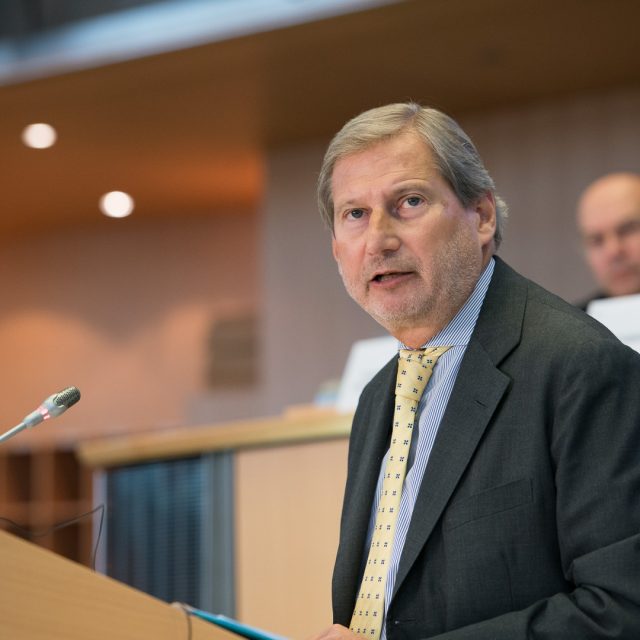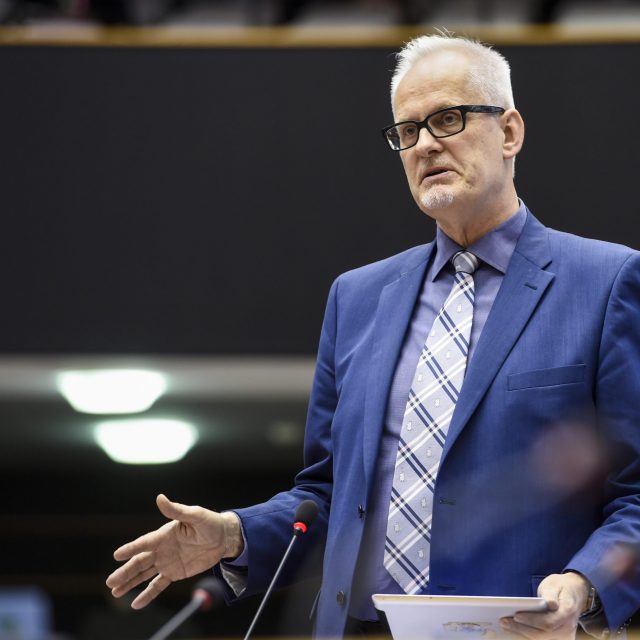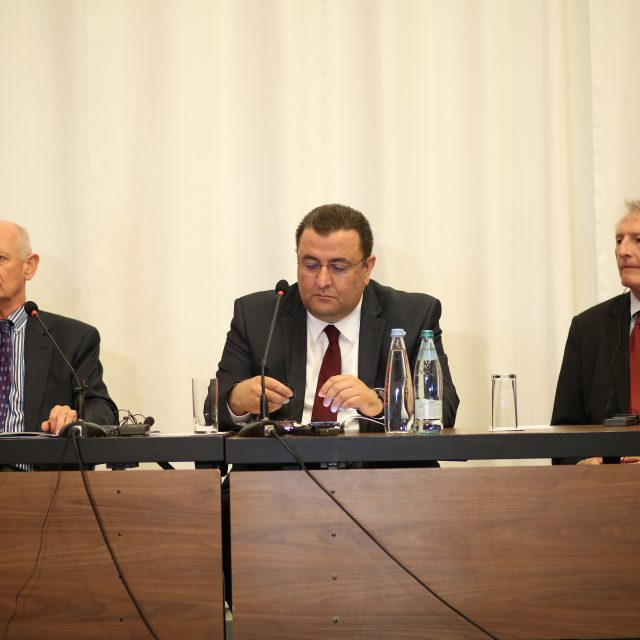Photo by Bank Phrom on Unsplash
The question of whether truly independent journalism can still exist in Hungary is no longer solely a domestic concern; it has now become a prominent issue for the European Commission.
On April 28, Magyar Hang and another anonymous outlet filed a formal complaint with the Commission, alleging that the Hungarian government is unlawfully using state funds to subsidize media outlets loyal to Prime Minister Viktor Orbán. They argue that this practice undermines media pluralism, distorts market competition, and violates EU state aid rules.
This latest complaint comes six years after a similar unresolved filing was submitted in 2019. The evidence presented indicates a deliberate strategy: through generous state advertising, tax incentives, and preferential treatment, pro-government media outlets are inundated with resources. Meanwhile, independent newsrooms are left to survive without access to public support, regardless of their reach or relevance.
Even soft-focus stories—about marzipan production or lakeside development around Balaton—often include gratuitous praise for the “visionary leadership” of Orbán. This signals that editorial loyalty is not optional; it is part of the funding formula.
According to Magyar Hang’s investigations, from 2015 to 2023, more than €1 billion in state advertising was directed toward pro-government media, equivalent to 0.6% of Hungary’s GDP and exceeding annual public spending on both culture and media. The long-term consequence is a media market where critical journalism becomes economically unsustainable.
Brussels is watching. The Commission is currently investigating several breaches of rule-of-law standards in Hungary – from judicial interference to opaque public procurement and restrictions on press freedom. The EU has already frozen more than €20 billion in funding for Budapest. Further sanctions may follow, especially if investigations confirm that EU funds were used to support partisan media.
In 2024 alone, Hungary was fined €200 million by the European Court of Justice for its refusal to implement the EU’s refugee relocation policy. Meanwhile, another legal clash looms over Hungary’s controversial “Sovereignty Protection Act,” adopted in December 2023. The law grants wide-ranging investigative powers to a newly created agency and targets foreign-funded political campaigns and NGOs. However, according to the Commission, it violates key provisions of the EU Charter of Fundamental Rights – including the right to privacy, freedom of expression and association, legal confidentiality, and the presumption of innocence.
Journalists have also found themselves in the crosshairs. De Tijd and Direkt36 report that Hungarian intelligence services have surveilled EU officials visiting Budapest, particularly investigators from OLAF, the EU’s anti-fraud office, probing businesses linked to Orbán’s inner circle.
Now, Hungary’s government is contemplating withdrawal from the International Criminal Court. Justice Minister Bence Tuzson confirmed the plan to diplomats behind closed doors this March, as part of an escalating trend of disengagement from multilateral and democratic institutions.
Within Hungary, the effects are evident. In Reporters Without Borders’ 2024 Press Freedom Index, Hungary ranked 67th worldwide, 25th out of 27 EU member states. The only EU countries that are performing worse are Malta and Greece.
Yet, political winds are shifting. Orbán’s Fidesz party has seen declining approval ratings, while the newly emerging TISZA party, led by Péter Magyar, is gaining traction. Meanwhile, European leaders are increasingly calling for action. There’s renewed interest in invoking Article 7 of the EU Treaty, which could strip Hungary of its voting rights in the Council, over systemic breaches of EU values.
Dutch Green MEP Tineke Strik states that at least 19 EU leaders are open to the move. However, unanimity is required at the final stage. With Greece, Slovakia, and Cyprus possibly protecting Budapest, enforcement remains uncertain – unless Brussels’ most significant financial contributors can alter the political calculus in their favour.
If decisive steps are not taken, Hungary risks becoming the EU’s first actual “media capture” state, where pluralism exists in theory but not in practice. What’s at stake is not just the future of Hungarian journalism but the credibility of the European project itself.




